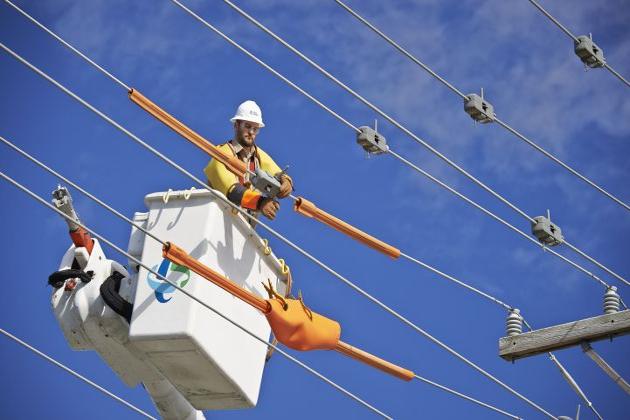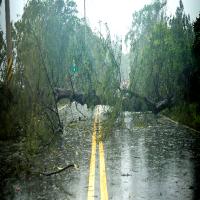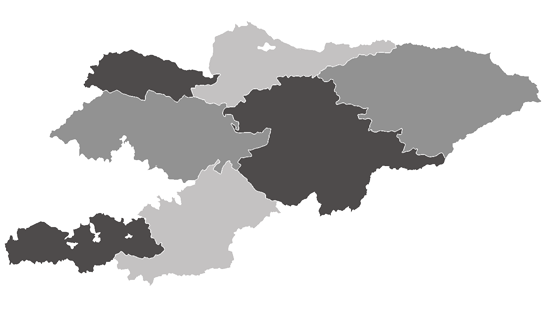RALEIGH, North Carolina: Damage from gunfire to Duke Energy's power equipment in Durham caused an outage that left hundreds without power earlier this week, the company confirmed.
In an email, Duke Energy spokesperson Jeff Brooks said approximately 730 people lost power for about two hours on June 10 following reports of "a fire and equipment failure" on company's power distribution grid.
The following day, the Durham Police Department, with assistance from the FBI, responded to a call about damaged power equipment in southeast Durham. Company workers informed officers that the equipment had been damaged by gunfire within the past week.
Police reported that the gunfire caused a "slow oil leak" from the power equipment, eventually leading to a fire. The incident is under investigation, and no arrests had been made as of Thursday. While Duke Energy confirmed that the damage was related to the outage, Brooks said the company has not determined the exact cause of the equipment failure and is awaiting the investigation's conclusion.
"We have been working to strengthen our electric grid to make it more resistant to extended outages from severe weather, as well as physical and cyber threats," Brooks stated. "We are also improving the resiliency of the grid to help restore power faster when a disruption occurs."
Officials did not specify what type of equipment was damaged.
This incident comes as North Carolina lawmakers push tougher penalties for those attacking infrastructure, such as public water sites and manufacturing facilities.
Property damage to utility services has gained attention since two power substations in Moore County were shot at in December 2022, leaving thousands without power in freezing temperatures for days. No arrests have been made in that case.
In response, Governor Roy Cooper signed a bill unanimously passed by state legislators last year that increased penalties for intentionally damaging energy facilities, telephone, and broadband equipment. Now, the state legislature aims to expand punishments for damaging a wider range of infrastructure services, including public water systems, wastewater treatment facilities, public utilities, and manufacturing facilities. The penalty for such intentional damage would be a felony, according to the bill.
The bill also allows individuals who suffer harm due to infrastructure property damage to sue the perpetrator or any accomplices.
"This is just an extension of our critical infrastructure protection in our state," said Senate Majority Leader Paul Newton in the Senate Agriculture, Energy, and Environment Committee last week.
The bill has been referred to another committee since its approval in the agriculture committee but has yet to be scheduled for a hearing.



























 35
35 















